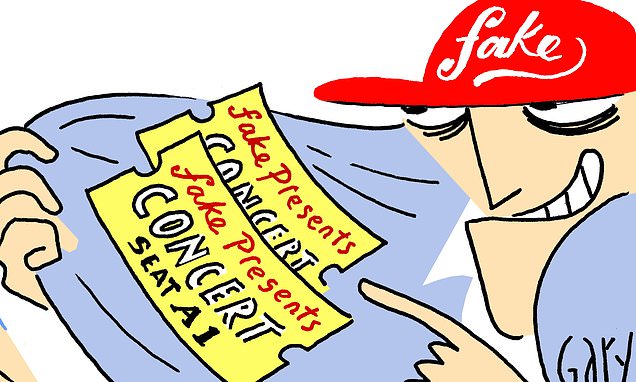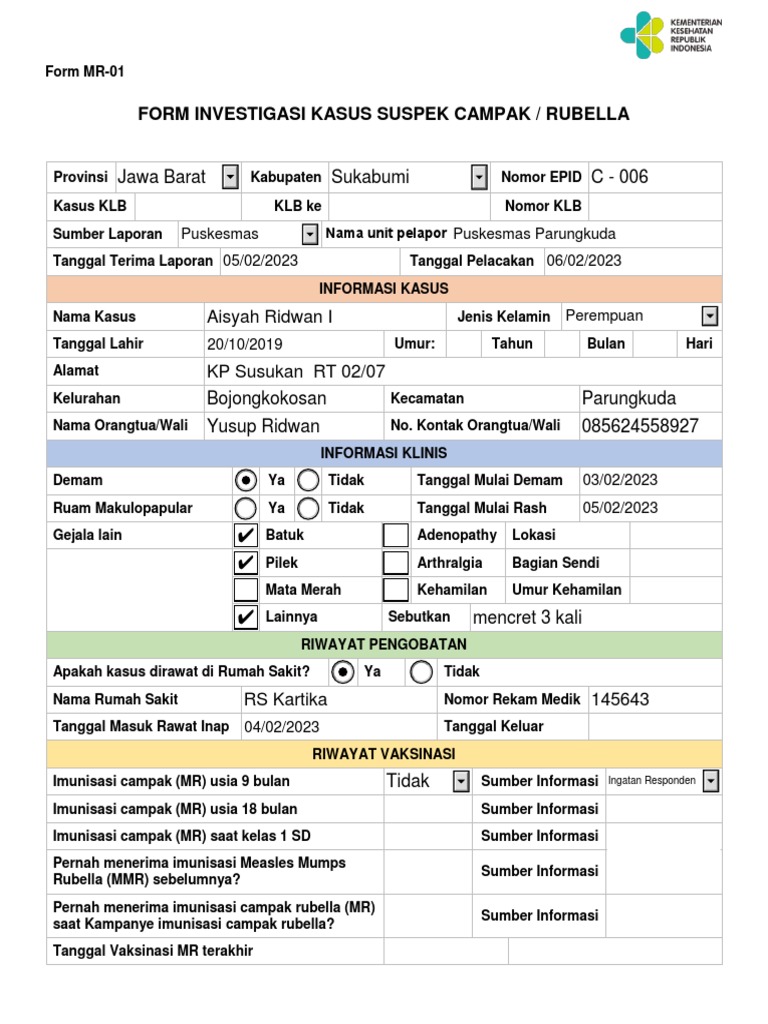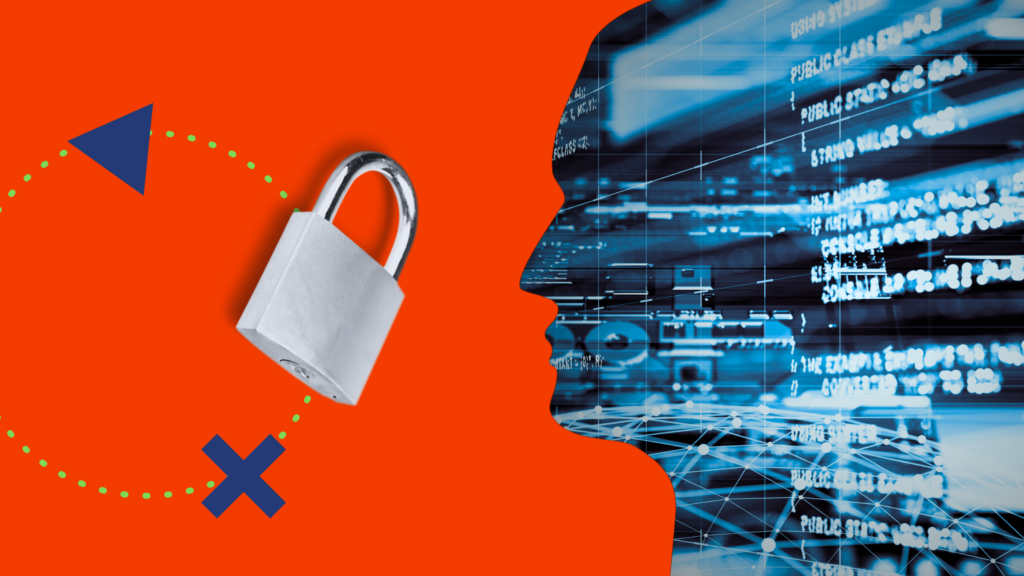Ticketmaster Issues Urgent Warning About Fake Ticket Sellers

Table of Contents
Identifying Fake Ticket Sellers and Their Tactics
Spotting fake tickets and fraudulent ticket websites requires vigilance. Scammers employ various tactics to trick you into buying counterfeit tickets. Learn to recognize these red flags to protect yourself from ticket scams.
Key Signs of a Fake Ticket Seller:
-
Unrealistic prices: A price significantly lower than the official Ticketmaster price or other authorized vendors is a major red flag. If a deal seems too good to be true, it probably is. Legitimate ticket resellers usually have higher prices due to added fees and market demand.
-
Unverified sellers: Be wary of sellers on unofficial platforms like social media (Facebook, Instagram, etc.), Craigslist, or unverified online marketplaces. These platforms lack the security and buyer protection offered by legitimate ticket resellers. Avoid sellers lacking established reputations or verifiable contact information.
-
Pressure tactics: Legitimate sellers won't pressure you into making a quick purchase. If a seller uses high-pressure sales tactics or creates a sense of urgency, it’s a significant warning sign. They are likely trying to prevent you from verifying the ticket's authenticity.
-
Poor communication: Unprofessional, unresponsive, or evasive sellers should be avoided. A genuine seller will readily answer your questions and provide clear information about the tickets.
-
Suspicious payment methods: Avoid sellers requesting unusual payment methods outside secure online platforms like PayPal or credit card processors with buyer protection. Methods like wire transfers, prepaid debit cards, or cryptocurrency transactions often lack recourse if the tickets turn out to be fake.
-
Lack of ticket guarantees: Reputable ticket sellers, even those in secondary marketplaces, usually offer some form of guarantee or refund policy. If a seller offers no guarantees or refuses to provide any form of buyer protection, proceed with extreme caution.
Examples of Fake Ticket Websites and Email Scams: Fake websites often mimic the official Ticketmaster site, using similar logos and designs to deceive buyers. They may have slightly different URLs or web addresses. Email scams often include enticing offers, urgent requests, and links to fraudulent websites. Always double-check the URL and verify the sender's email address before clicking any links.
Safe Ticket Buying Practices: Tips to Avoid Ticketmaster Scams
Purchasing event tickets safely requires careful attention to detail. Here are proven strategies to minimize your risk of encountering ticket fraud:
-
Buy directly from Ticketmaster: This is the most reliable method. You are guaranteed authenticity and have access to Ticketmaster's customer support in case of any issues.
-
Use trusted secondary marketplaces: If tickets are unavailable on Ticketmaster, consider reputable secondary marketplaces such as StubHub or Vivid Seats. These platforms often offer buyer protection programs and verification processes.
-
Check seller reviews: Before buying from any third-party seller, thoroughly check their reviews and ratings. Look for consistent positive feedback and a history of reliable transactions.
-
Use secure payment methods: Utilize trusted payment gateways like PayPal or credit card processors with buyer protection. These platforms provide recourse if a transaction is fraudulent.
-
Verify ticket authenticity before the event: Before heading to the event, contact the venue or Ticketmaster directly to verify the ticket's validity using the ticket's unique barcode or reference number.
What to Do If You've Been Scammed: Reporting Fake Ticket Sellers
If you suspect you've been scammed, take immediate action to mitigate the damage and prevent further fraud.
-
Report to Ticketmaster: Contact Ticketmaster immediately, providing all relevant information about the seller, transaction details, and any communication you've had with them.
-
Report to the authorities: File a police report, especially if you've suffered significant financial loss. Provide all documentation and evidence you have.
-
Contact your bank or credit card company: Dispute any fraudulent charges immediately. Most banks and credit card companies have procedures for handling fraudulent transactions.
-
Monitor your accounts: Keep a close watch on your bank accounts, credit cards, and online financial statements for any unauthorized activity.
Conclusion
Ticketmaster's urgent warning regarding fake ticket sellers underscores the importance of safe ticket buying practices. By understanding the tactics used by scammers and following the advice outlined in this article, you can significantly reduce your risk of falling victim to ticket fraud. Remember to prioritize buying directly from Ticketmaster or using verified secondary marketplaces with buyer protection. Don't let scammers ruin your event experience! Always check ticket authenticity before the event and be vigilant against suspicious offers. Protect yourself from fake ticket sellers and enjoy your event with peace of mind.

Featured Posts
-
 Warum Sie Zurueckkehrten Juedische Sportgeschichte Augsburgs
May 30, 2025
Warum Sie Zurueckkehrten Juedische Sportgeschichte Augsburgs
May 30, 2025 -
 Pohuwato Hadapi Lonjakan Kasus Suspek Campak Imbas Rendahnya Cakupan Imunisasi
May 30, 2025
Pohuwato Hadapi Lonjakan Kasus Suspek Campak Imbas Rendahnya Cakupan Imunisasi
May 30, 2025 -
 Deutsche Bank And Ibm A Partnership Driving Digital Innovation
May 30, 2025
Deutsche Bank And Ibm A Partnership Driving Digital Innovation
May 30, 2025 -
 Ai Powered Blockchain Security Chainalysis Strategic Move With Alterya
May 30, 2025
Ai Powered Blockchain Security Chainalysis Strategic Move With Alterya
May 30, 2025 -
 Ninja 500 Series Bersolek Investasi Di Atas Rp 100 Juta Terbayar
May 30, 2025
Ninja 500 Series Bersolek Investasi Di Atas Rp 100 Juta Terbayar
May 30, 2025
